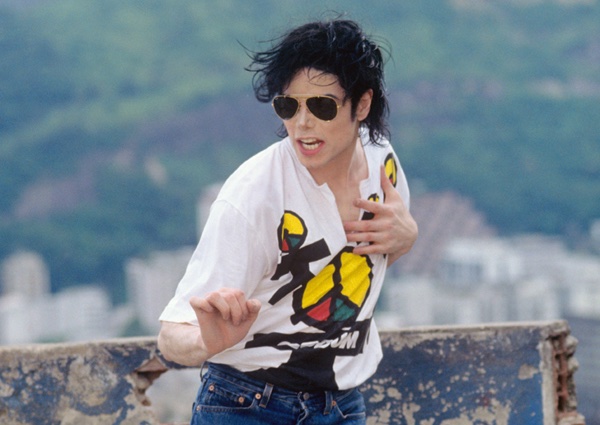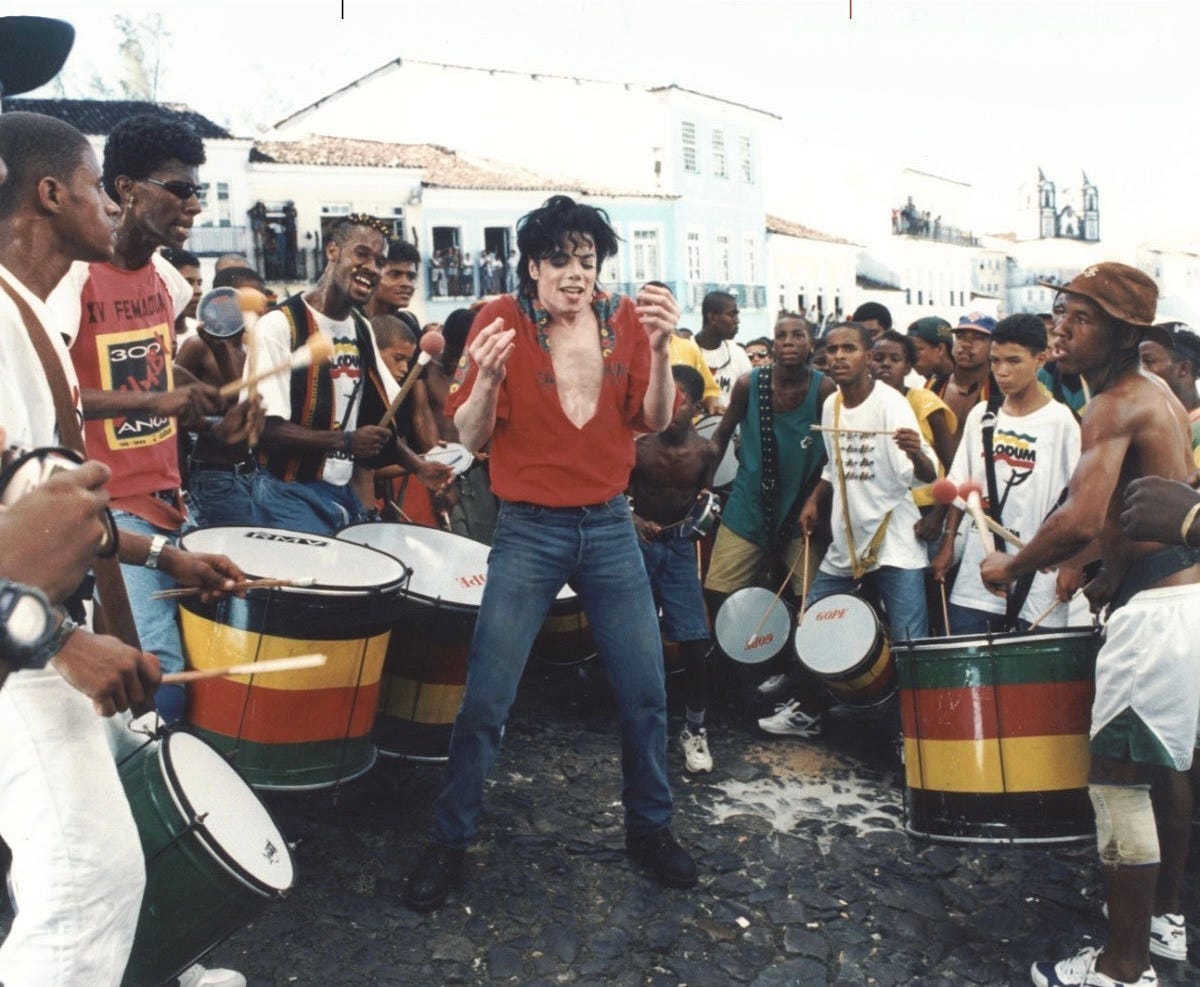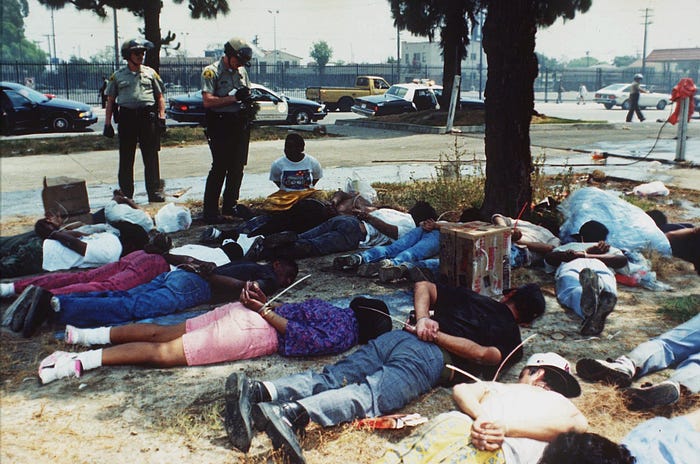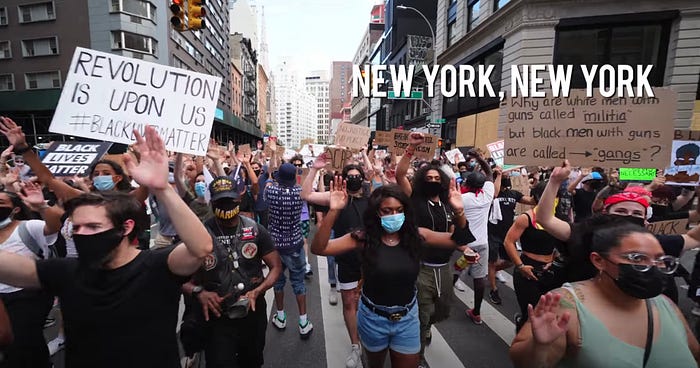And the power of They Don’t Care About Us

medium.com
Michael Jackson Sets Another Record
And the power of They Don’t Care About Us
A bit of history
Michael Jackson’s
They Don’t Care About Us is a powerful protest song addressing social injustice, racism, and police brutality. The song has remained relevant and impactful over the years, serving as a call to action for those who have been marginalised and oppressed.
And as
the Brazilian version of the short film passes a milestone of one billion views on YouTube, making Jackson the first solo artist to have two 20th-century music videos surpassing 1 billion views, it’s worth exploring the story, meaning and impact of the song itself.
Jackson’s
HIStory album, released in 1995, was a powerful and controversial work that addressed some of the most pressing issues of its time – issues that sadly continue to read their ugly heads.
At the heart of the album was Jackson’s desire to express his frustration with the media, the authorities and the public and to defend himself against the allegations that had been levelled against him.
In response to these allegations, Jackson wrote songs such as
Scream, a duet with his sister Janet that expressed his frustration with the media and the public, and
Tabloid Junkie, which criticised the sensationalist reporting that had surrounded his case and those who blindly believed what they read about him in tabloid magazines.
Victim of police brutality
At the heart of
They Don’t Care About Us are the messages of social injustice and police brutality.
Jackson’s lyrics drew attention to the violence and abuse that people face at the hands of law enforcement, and he highlighted how the justice system fails to protect those who need it most.
The motivation behind Jackson’s decision to write the song was triggered by the beating of Rodney King by police in 1991.
The incident occurred after a high-speed car chase and was captured on videotape by a bystander. The footage showed several officers repeatedly striking King with their batons and kicking him while he was on the ground, defenceless and incapable of resisting. The attack lasted for several minutes and was described by many as a brutal display of police brutality.
The officers were charged with excessive use of force, but in 1992, a jury acquitted four of the men of all charges. This verdict sparked widespread protests and riots in Los Angeles, resulting in more than 50 deaths, over 2,000 injuries and more than 12,000 arrests.
Within the song, Jackson speaks directly to those brutalised, demeaned and victimised. He criticises those power for their apathy and cruelty, and he urges victims to come together, be seen, and fight for their rights.
The line “I can’t believe this is the land from which I came” expresses Jackson’s disappointment with the society in which he lives. He questions whether this is the country (America) he grew up in, where everyone is supposed to be equal and have the same rights. Jackson highlights the discrepancy between the ideal of equality and the reality of discrimination and inequality.
The chorus, which features the line “All I wanna say is that they don’t really care about us,” is repeated throughout the song, driving home the message that society is failing to protect and uplift those who need it most. The use of percussion and chanting also gives the song a sense of urgency and passion, adding to its impact and resonance.
Despite its message of hope and resistance, critics responded negatively to
They Don’t Care About Us. Upon its release. Some critics accused Jackson of promoting division, and the song’s use of the words “Jew” and “kike” in one of the verses has been viewed as anti-Semitic. However, Jackson defended the song, explaining that it was intended to address all forms of prejudice and discrimination.
The idea that these lyrics could be deemed objectionable is extremely hurtful to me and misleading. The song in fact is about the pain of prejudice and hate and is a way to draw attention to social and political problems. I am the voice of the accused and the attacked. I am the voice of everyone. I am the skinhead, I am the Jew, I am the black man, I am the white man. I am not the one who was attacking. It is about the injustices to young people and how the system can wrongfully accuse them. I am angry and outraged that I could be so misinterpreted.
I look to heaven to fulfill its prophecy…
Despite this, the song’s impact has been felt around the world, as it has become an anthem for those who are fighting against oppression and injustice.
In Brazil, the song has been embraced by activists who are fighting against police brutality and corruption within their cities.
In the United States, the song has been used as a rallying cry for those fighting for racial justice and an end to police violence. Its resurgence occurred with the rise of the
Black Lives Matter movement and after the death of George Floyd, with filmmaker Spike Lee, director of the original two videos for the song, releasing an
update in 2020.
Pushing past the controversy slapped upon it, the song’s impact cannot be denied. Its message of hope and resistance has resonated with people of all different races and cultures around the world, inspiring them to come together and fight for their rights and demand a better future for all.















